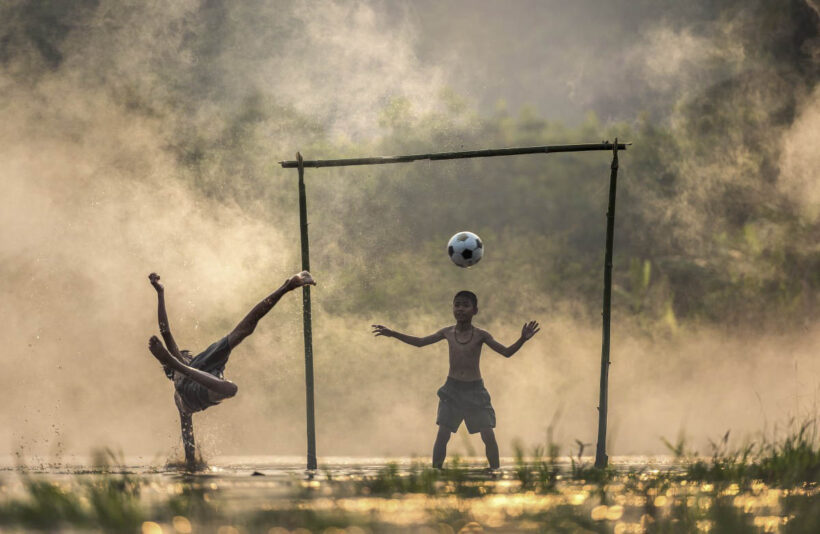If the financial and institutional effort had been put into Santiago, the media coverage has allowed millions of viewers to have access to the competitions, which have been mainly focused on those involving Chilean athletes. There is enthusiasm and passion, especially in those sports in which Team Chile has had good results.
It is not only the legacy in infrastructure that an event of this magnitude and nature leaves behind, nor the increased income from associated tourism, nor the contribution to the country’s image, but the most important thing, in my opinion, is the cultural change in the population regarding sport, especially in children and young people. How many will want to take up rowing, water skiing, skeet shooting, taekwondo, swimming, athletics, or other sports in which compatriots have excelled.
If we look at the histories of national sportsmen and women, the vast majority of them, and without fear of being wrong in all cases, their vocation and practice stems from a particular interest, supported in the first place by their families or clubs, but does not originate in the school system.
Sports education (or Physical Education) in Chile is an area considered far below traditional subjects, and there are no resources to encourage the practice of a variety of sports, much less for inter-school competitions. If we are lucky, we find some competitions organised by private football, basketball or athletics clubs, but they are the exception and not the rule.
The practice of sport at school brings great benefits to individuals and to society.
Individually, it positively impacts people’s health, cognitive and motor skills, and discipline and resilience; they learn to lose and win, to stand up after a defeat and to receive victory with humility.
Collectively, it supports the development of social skills, healthy habits, teamwork, respect for opponents, valuing diversity and learning and the importance of both competition and collaboration.
Not least of all, sport is an opportunity for fun. A further demonstration that education can be fun and does not have to be boring.
How much sporting potential is lost because the school system does not provide the conditions and appreciation for sport? And, if it is not the subject of this column, I would also add the same question to arts, culture and philosophy.
After Santiago 2023… WHAT? is a question, we must ask ourselves again and again so that all the effort and impact does not come to nothing or very little. Take this opportunity to open the discussion on education and have the courage to question the National Curriculum in order to be able to respond to the promise of education to form better people, instead of having a look limited to economic function and production.
Marcelo Trivelli
Seed Foundation










